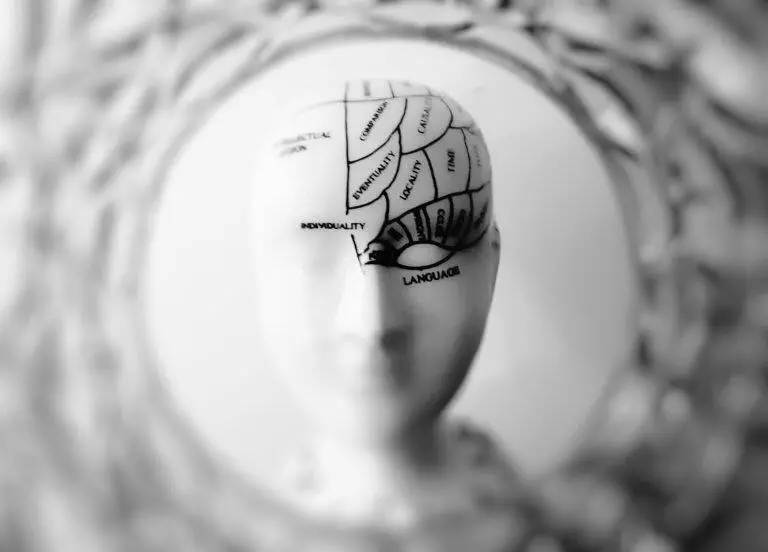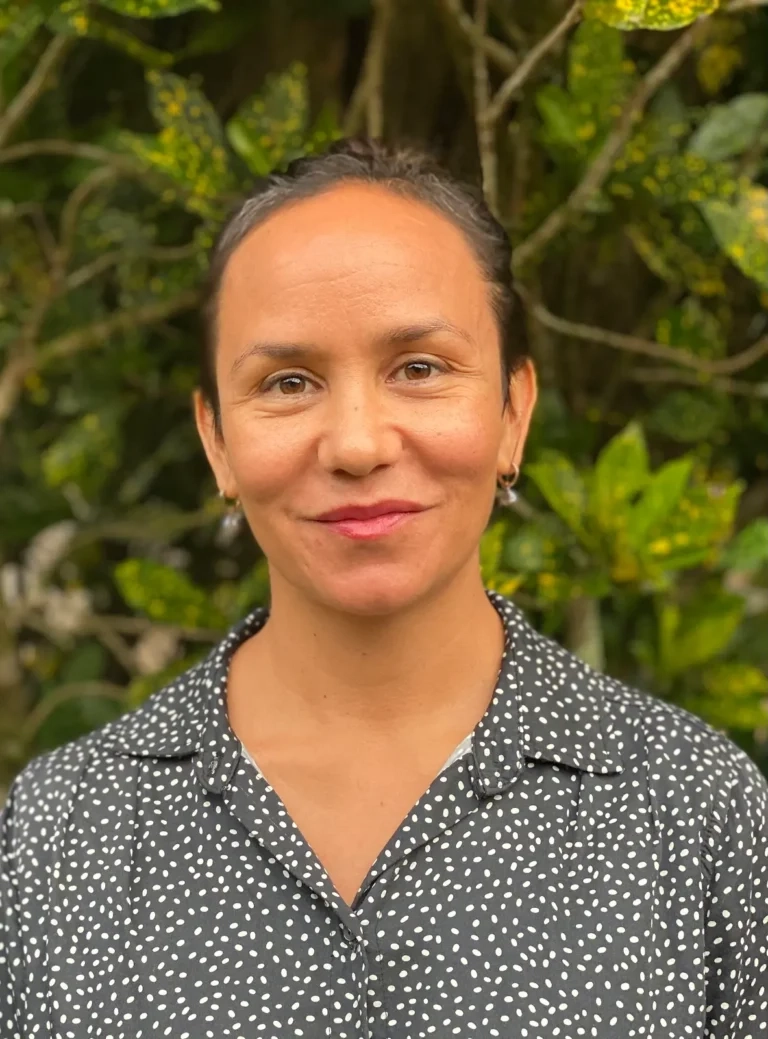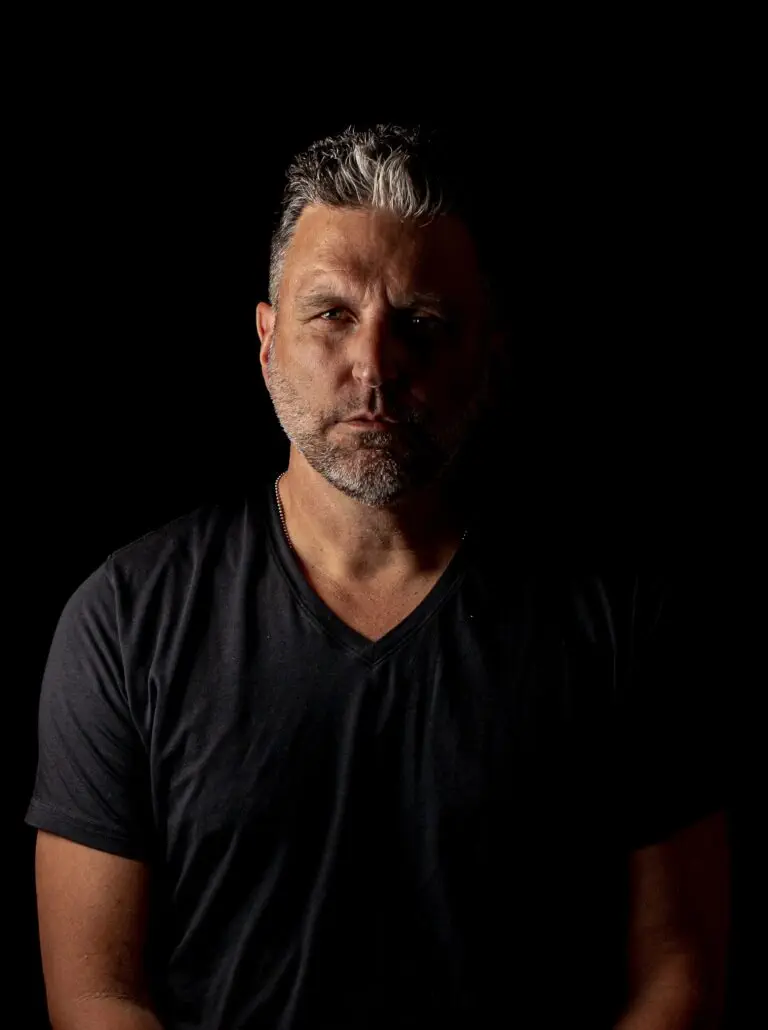Bipolar Disorder Treatment in Hawaii
Bipolar is like being on a roller coaster ride. Sometimes, you can predict drop-offs, and others, you have to hang on because the next turn sends you into an unexpected spiral.
Handling bipolar disorder requires careful consideration to ensure a successful recovery journey. It’s essential to understand that every form of this illness can be treated. Recognizing the symptoms in oneself is a significant first step toward healing. At Maui Recovery, we offer personalized treatments that provide the necessary support for bipolar disorder treatment in Hawaii.
Bipolar Disorder in the United States
According to the National Institute of Mental Health, “More than two-thirds of people with bipolar disorder have at least one close relative with the illness or with unipolar major depression, indicating that the disease has a heritable component.”
The National Institute of Mental Health also showed that “bipolar disorder affects approximately 5.7 million adult Americans, or about 2.6% of the U.S. population age 18 and older every year.”
The survey also revealed that the onset of bipolar disorder could start as early as childhood or as late as the ’50s, with the median age being 25.
We Can Help
Bipolar Disorder Treatment in Maui
Our approach to treating bipolar disorder integrates evidence-based therapies, holistic practices, and personalized care plans designed to address the specific needs of each individual. Treatment at Maui Recovery includes:
Effective medication management is crucial in stabilizing mood fluctuations associated with bipolar disorder. Our medical team works closely with clients to optimize medication regimens and minimize side effects.
Individual and group therapy sessions are instrumental in helping clients understand their condition, develop coping strategies, and cultivate healthy interpersonal relationships. Therapies such as Cognitive Behavioral Therapy (CBT) and Dialectical Behavior Therapy (DBT) are utilized to address mood disturbances and enhance emotional regulation.
We recognize the importance of holistic approaches in promoting overall well-being. Holistic therapies offered at Maui Recovery include mindfulness practices, yoga, meditation, and art therapy, which contribute to stress reduction and emotional balance.
Our treatment plans emphasize the adoption of healthy lifestyle habits, including regular exercise, balanced nutrition, adequate sleep, and stress management techniques. These lifestyle modifications play a vital role in managing bipolar symptoms and supporting long-term recovery.
Recovery from bipolar disorder is a lifelong journey. We provide ongoing support and aftercare services at Maui Recovery to ensure sustained wellness post-treatment. Our alumni network, support groups, and relapse prevention strategies empower clients to navigate challenges and maintain stability in their daily lives.
What sets us apart
Why Choose Maui Recovery?
At Maui Recovery, our team comprises highly skilled mental health professionals, including psychiatrists, therapists, and counselors, who specialize in treating bipolar disorder. With years of experience and advanced training, our experts are equipped to provide comprehensive and effective care tailored to the unique needs of each individual.
We understand that no two individuals experience bipolar disorder in the same way. That’s why we emphasize individualized care, crafting personalized treatment plans that consider each client’s specific needs, preferences, and treatment goals. Our approach ensures that every aspect of treatment aligns with the individual’s journey towards recovery.
Healing from bipolar disorder requires a holistic approach that addresses the interconnectedness of the mind, body, and spirit. At Maui Recovery, we go beyond symptom management by promoting comprehensive healing and sustainable recovery. Our holistic therapies, which include mindfulness practices, yoga, meditation, and art therapy, empower individuals to achieve balance and well-being in all aspects of their lives.
If you or a loved one is struggling with bipolar disorder, reaching out to Maui Recovery means accessing compassionate and unwavering support. Our dedicated team is committed to guiding you through every stage of your recovery journey, from initial assessment to aftercare planning. We prioritize your well-being and are dedicated to helping you achieve lasting wellness and stability.
Located in the serene and picturesque landscape of Hawaii, Maui Recovery provides a tranquil environment that fosters serenity and relaxation. Surrounded by natural beauty, our facility offers a peaceful sanctuary conducive to healing and self-discovery. The soothing atmosphere complements our therapeutic programs, enhancing the overall treatment experience.
FAQs
What is Bipolar Disorder?
Bipolar disorder (often referred to as manic-depressive illness) is a mental health condition characterized by extreme mood swings that include emotional highs (mania or hypomania) and lows (depression). These shifts in mood can affect energy levels, behavior, and the ability to carry out everyday tasks. The episodes of mood swings can be distinct and may last for weeks, or they can be more subtle and interspersed with periods of normal mood.
The exact cause of bipolar disorder is unknown, but a combination of genetics, environmental factors, and brain structure might play a role. While the mood swings can be challenging to manage, with proper diagnosis and treatment, individuals with bipolar disorder can lead full and productive lives.
What Are The Signs of Bipolar Disorder?
People dealing with bipolar disorder often experience episodes of intense emotion in both manic and depressive states. Some of the following signs and symptoms are what a person will encounter while in an episode:
Manic Episode
- Feeling like you don’t need as much sleep as you did before
- Thoughts are fast or are in fast-forward mode
- Feeling more powerful, influential, or talented
Depressive Episode
- You can feel a sense of worthlessness or experience suicidal ideation
- Cannot focus and have difficulty with decision-making.
- Changes in appetite can cause you to eat more and experience weight gain
What Are the Types of Bipolar Disorder?
There are three different types of Bipolar Disorder. While they are different, they all are known to cause changes in an individual’s mood, energy, and activity levels.
Bipolar I Disorder
With Bipolar I, the manic episodes will last a minimum of 7 days and include such severe manic symptoms that the individual will require immediate hospital care. The person affected can also experience bouts of depression that will typically last a minimum of two weeks.
Bipolar II Disorder
Bipolar II is characterized by hypomanic episodes. While these may be less severe than manic episodes, they still can interfere with a person’s day-to-day functioning. A person diagnosed with bipolar II will also experience depression episodes, though these are often also less severe than those with bipolar I.
Cyclothymic Disorder
A person with Cyclothymia will swing between hypomania and low-grade depression. Because they experience these episodes on a much smaller scale, they do not fall into the category of bipolar I and bipolar II.
Contact Maui Recovery to Learn More About Bipolar Disorder Treatment in Hawaii
Don’t wait to seek help for bipolar disorder. Contact Maui Recovery today to learn more about bipolar disorder treatment in Hawaii, including our specialized treatment programs and embark on the path to lasting wellness and stability. We are here to support you with personalized care and a holistic approach that promotes healing of the mind, body, and spirit. Take the first step towards recovery and embrace a brighter future with Maui Recovery by your side.

























